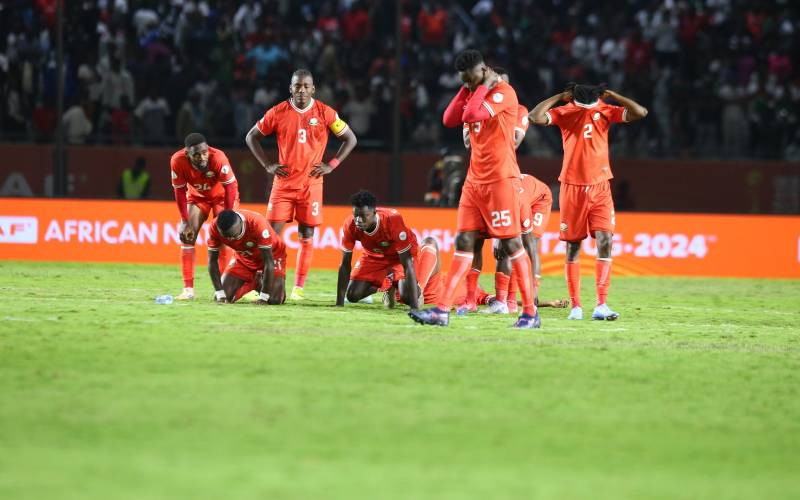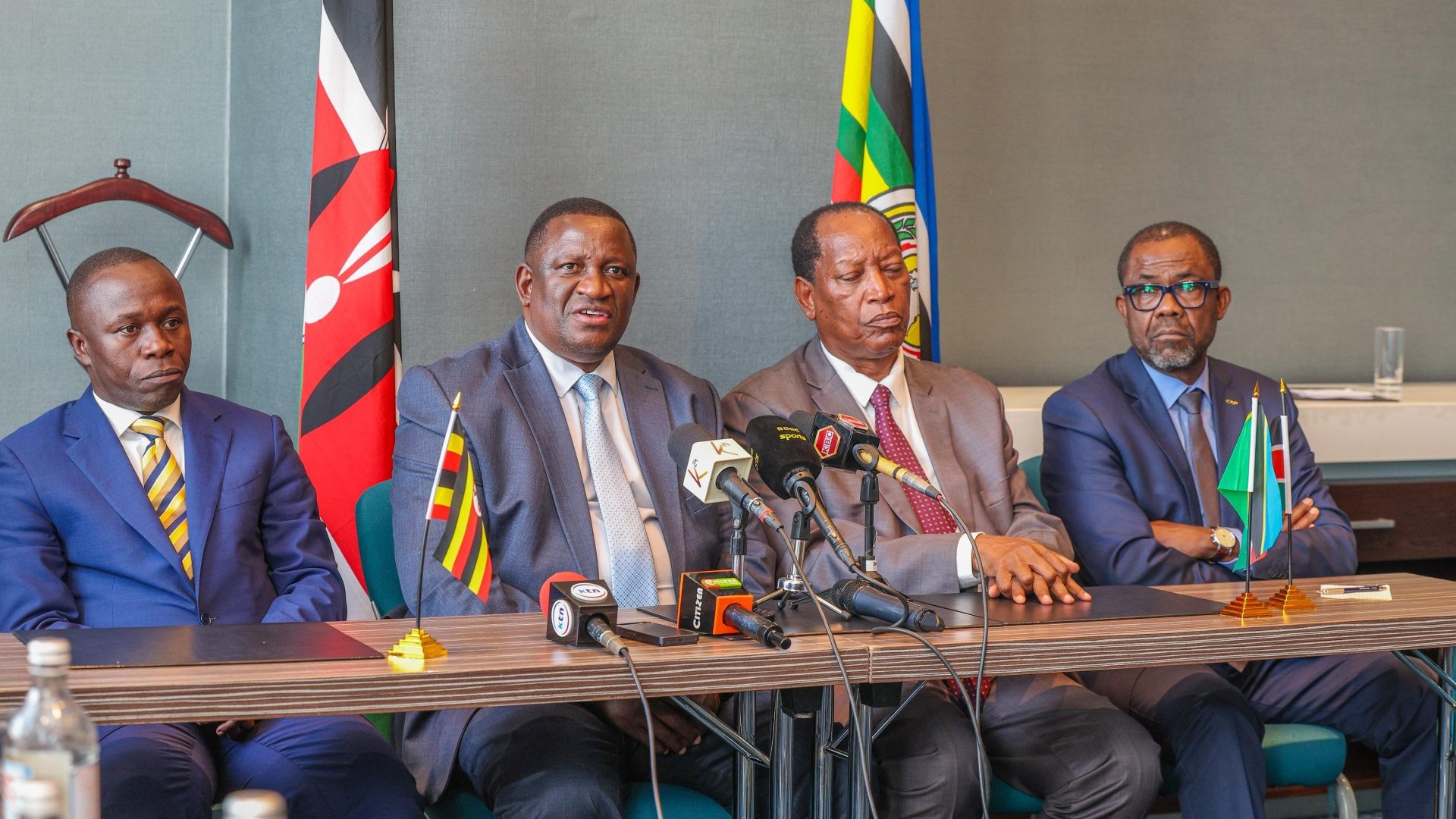As I sat alone in a Nairobi bar, enjoying classic Congolese rumba and the company of waitstaff who’ve come to know me by presence rather than profile, something struck me. On the big screen, the opening match of the 2025 African Nations Championship (CHAN) was played: Tanzania vs. Burkina Faso. A continental tournament. A game hosted by our East African neighbour and co-host. And no one in the bar looked up.
CHAN Should Be Ours—But It Isn’t
CHAN was designed to celebrate African talent—players who ply their trade in local leagues, in local stadiums, with local fans. This year, the tournament is being co-hosted by Kenya, Tanzania, and Uganda—a historic collaboration, and a moment that should spark regional pride.
And yet, here we were: a televised match featuring Tanzania, being played in Tanzania, part of a tournament we are co-hosting—and the collective response was indifference. How did we arrive at a place where even our own regional event feels like background noise?
The Politics of Exclusion
The indifference wasn’t developing in a vacuum. Just three days before CHAN kicked off on August 2nd, Tanzania barred foreign nationals from owning and operating small-scale businesses—a move that sparked immediate concern and backlash from neighbouring Kenya. While perhaps driven by internal priorities, the message struck a nerve. How do you welcome fans and teams from across the region to your stadiums while simultaneously tightening economic borders?
In a region that often preaches unity under the East African Community (EAC), these mixed signals erode trust. You cannot speak of “one people, one destiny” in policy documents and then pull away in practice.
When Rivalry Masks Resentment
The tournament’s trajectory only reinforced these tensions. By the semi-finals, all three co-hosting nations had been eliminated—Kenya, Tanzania, and even Uganda, usually the most diplomatically cordial of the three. No East African country made it to the final four of a tournament being held on East African soil. Kenya bowed out first, and in Dar es Salaam, the response wasn’t sympathy but celebration. When Tanzania later faced Morocco, Kenyans threw their support behind the North Africans. Online, it all played out as playful banter, full of memes and jokes. Even senior government officials weighed in on the banter. At some point, Tanzania’s government spokesperson had to make a public statement in response to Kenyans’ claims that they had purchased tickets for the CHAN quarter-final clash between Tanzania and Morocco.

But beneath the humour lies a quieter tension. These moments, while seemingly trivial, reflect deeper national rivalries and insecurities. Instead of CHAN being a chance to reinforce our shared identity as East Africans, it became another reminder of how quickly we retreat into camps. At a time when the continent is working toward integration through initiatives like the African Continental Free Trade Area (AfCFTA), this petty glee in each other’s failures reveals how fragile our regional solidarity really is.
A Tournament as a Mirror
Football is never just a game. It is politics, economics, identity, and belonging—all compressed into ninety minutes or 120 in Kenya’s case. If CHAN cannot stir us, perhaps it is because the fractures in our region run deeper than football can mask. A tournament meant to unite us instead reveals a quiet disintegration—where neighbours watch neighbours stumble and feel relief rather than regret.
This disconnect points to a broader challenge I’ve been wrestling with—one that extends far beyond football. In my earlier reflection on turning 41, I wrote about Kenya’s “culture of gatekeeping” and our struggle with collaboration. CHAN has become a continental mirror of these same dynamics. Too often, tournaments become exercises in short-term political symbolism—moments of national pride, photo opportunities, and quick wins—while the long-term developmental potential remains underutilised.
Lessons for AFCON 2027
The irony of CHAN’s struggles becomes sharper when considering that Kenya, Tanzania, and Uganda are set to co-host AFCON 2027. The tournament’s official slogan was Pamoja—”Together.” Yet in practice, unity was missing not only in the stands but also in the planning. The Local Organising Committees for Kenya, Tanzania, and Uganda largely worked in isolation from each other.
If we are serious about making AFCON 2027 a success, we must learn from CHAN’s failings. While Kenya did establish a Pamoja CHAN-AFCON Multi-Agency Team, the tournament’s outcomes suggest these coordination mechanisms fell short. Perhaps what’s needed is a truly independent Regional Organising Committee Secretariat—one headed by an experienced football executive from outside the region, insulated from local political pressures and national rivalries. More fundamentally, it requires addressing the underlying political and economic tensions that turn neighbours into rivals.
CHAN has shown us that real football development—like real regional integration—requires more than slogans and ceremonies. It demands sustained investment in relationships, institutions, and shared purpose. Without this foundation, even our proudest continental moments risk becoming exercises in collective disappointment rather than genuine celebration.
The challenge extends beyond the next tournament. It reflects the same cultural patterns I’ve observed in other spheres—the competition over collaboration, the mistrust that undermines even well-intentioned efforts. Perhaps I was too optimistic when I suggested CHAN could be a catalyst for change. But that doesn’t mean the work stops. Fundamental transformation—whether in football or society—requires more than hope and slogans. It demands building authentic solidarity so that when the whistle blows, we see ourselves not as competitors for the same limited space, but as partners in a common project. Only then will the screens in our bars—and the dreams they carry—truly belong to all of us.





